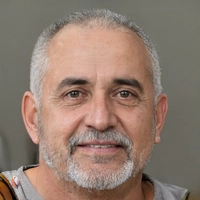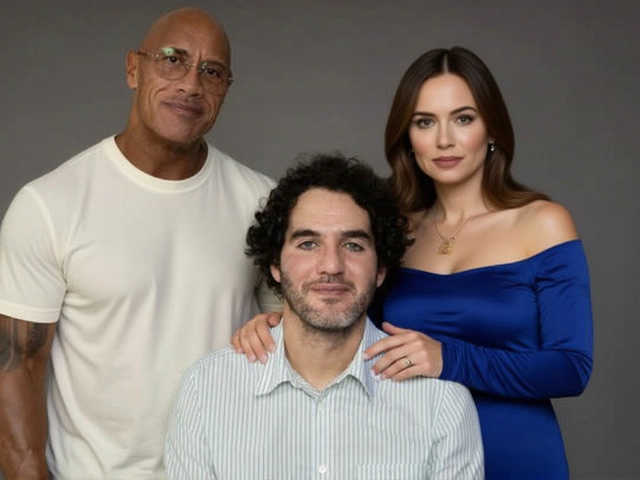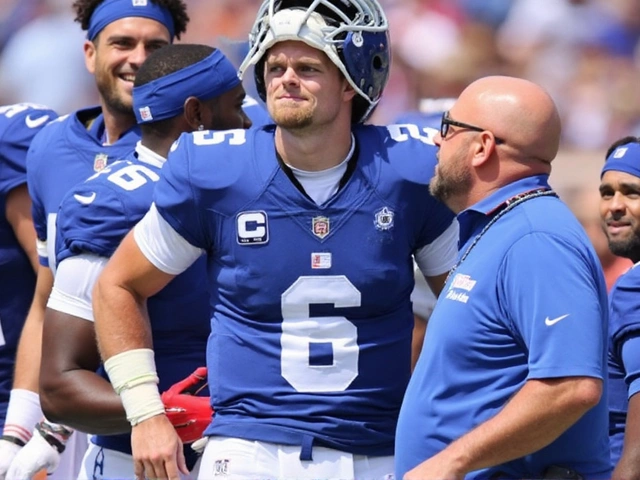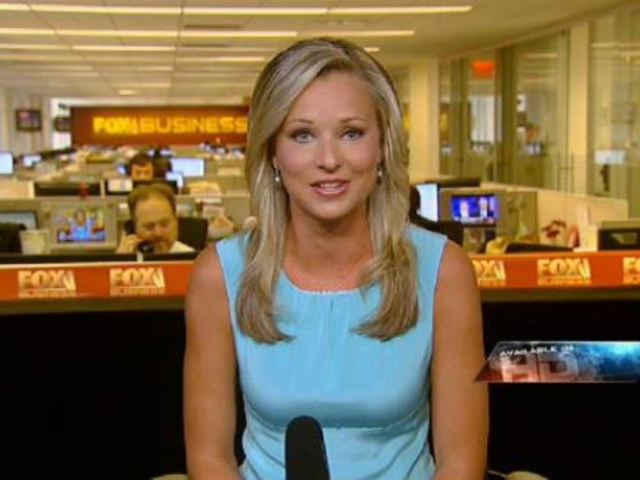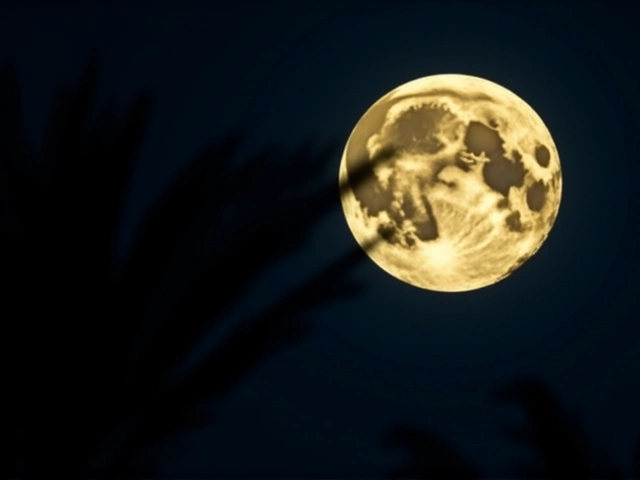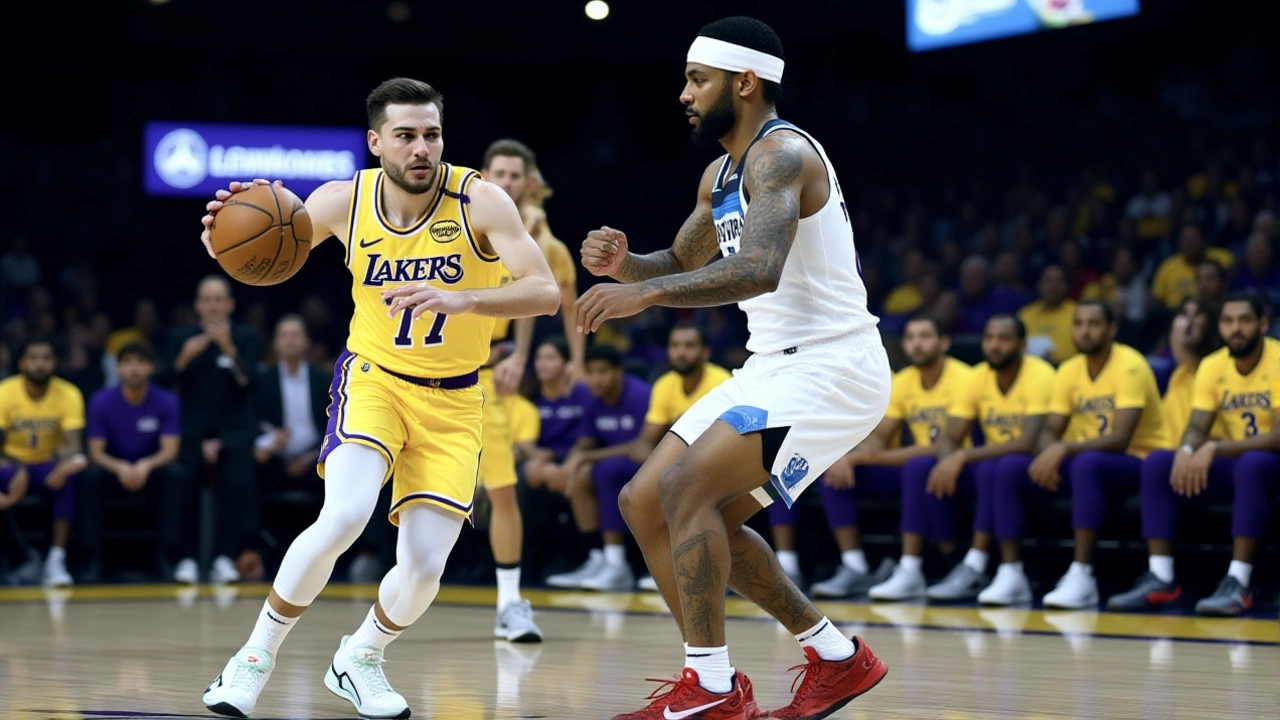
The Dallas Mavericks didn’t just want Luka Dončić gone—they wanted him swapped for Anthony Edwards, and they made their move before anyone else knew it. In late January 2025, Mavericks GM Nico Harrison reached out to the Minnesota Timberwolves with a proposal: trade the 25-year-old Slovenian phenom for the 23-year-old All-Star shooting guard. The response? A flat, immediate no. Not a counteroffer. Not a discussion. Just silence—followed by disbelief.
"We’re Not Moving Edwards"
The Timberwolves’ front office, led by President of Basketball Operations Tim Connelly, was stunned. Sources told The Athletic that Minnesota’s leadership couldn’t believe Dallas was even considering parting with Dončić, who was averaging 33.9 points, 9.2 rebounds, and 9.8 assists that season. Edwards, their homegrown star and the 2020 No. 1 overall pick, was never on the table. "Anthony Edwards remains our franchise cornerstone," Connelly declared at a February 28 press conference at the Target Center in Minneapolis. "There was never any consideration of moving him in any trade scenario." The message was clear: Edwards isn’t a piece to be moved. He’s the foundation. The 2022 five-year, $195 million extension he signed wasn’t a gesture—it was a statement. And Minnesota meant it.The Secret Swap That Shook the NBA
With the Edwards deal dead, Harrison pivoted. Behind closed doors, the Mavericks began secret negotiations with the Los Angeles Lakers. The deal? Dončić for Anthony Davis, Austin Reaves, three unprotected first-round picks (2026, 2028, 2030), and $15.2 million in cash. It was a historic package—and it was finalized overnight between February 1 and 2, 2025, between 11:47 PM and 3:15 AM Central Time. Shams Charania of ESPN broke the news at 3:22 AM Eastern Time on February 2. The reaction? Pure chaos. Players texted each other. Analysts double-checked their screens. "Did Shams get hacked?" became a trending joke. But it was real. The Los Angeles Lakers, under the control of Jeanie Buss and managed by Rob Pelinka, had pulled off the most secretive blockbuster in modern NBA history.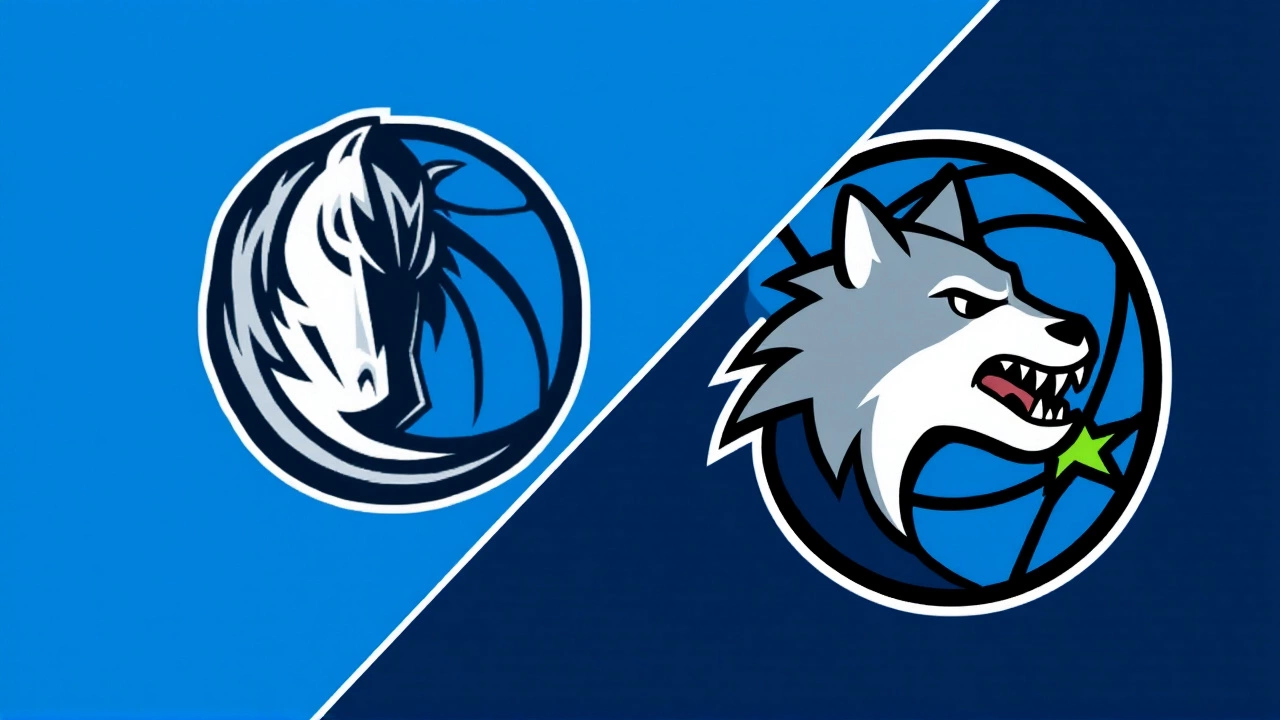
Dončić in L.A.—A Slow Start, But Real Impact
Since joining the Lakers, Dončić has played six games. His numbers? 19.3 points, 9.7 rebounds, 6.7 assists. Not his usual 30-point triple-double magic. He’s shooting 42.1% from the field and just 31.7% from deep. But the Lakers are 4-2 with him in the lineup. He’s not just scoring—he’s orchestrating. He’s making Davis more effective. He’s elevating Reaves. He’s turning a talented but disjointed team into a contender. The first time he faced Edwards on the court? February 27, 2025, at Crypto.com Arena. Lakers won 111-102. Dončić had 21 points and 13 rebounds. Edwards put up 18 points, 5 rebounds, 4 assists. The crowd roared for both. But the narrative? It wasn’t about who won the matchup. It was about who made the smarter long-term bet.Why This Matters Beyond the Box Score
This isn’t just about two stars switching jerseys. It’s about two franchises making diametrically opposite bets on their futures. The Timberwolves doubled down on youth, athleticism, and homegrown talent. The Mavericks, under owner Miriam Adelson, bet on immediate contention by pairing Dončić with Davis—a veteran superstar who still has elite defensive presence and scoring gravity. Dallas head coach Jason Kidd, the Hall of Fame point guard, has avoided talking about the Edwards trade outright. But his message is loud: "We’re building something special here with the pieces we have." He doesn’t need to say it. The numbers speak for themselves. The ripple effect? Other teams are reevaluating their core. If a 25-year-old MVP-caliber player can be moved, who’s safe? If a 23-year-old All-Star can be deemed untouchable, what does that say about team-building philosophy? The NBA’s power balance just shifted—and it wasn’t through a draft pick or free agency. It was through a trade that almost never happened.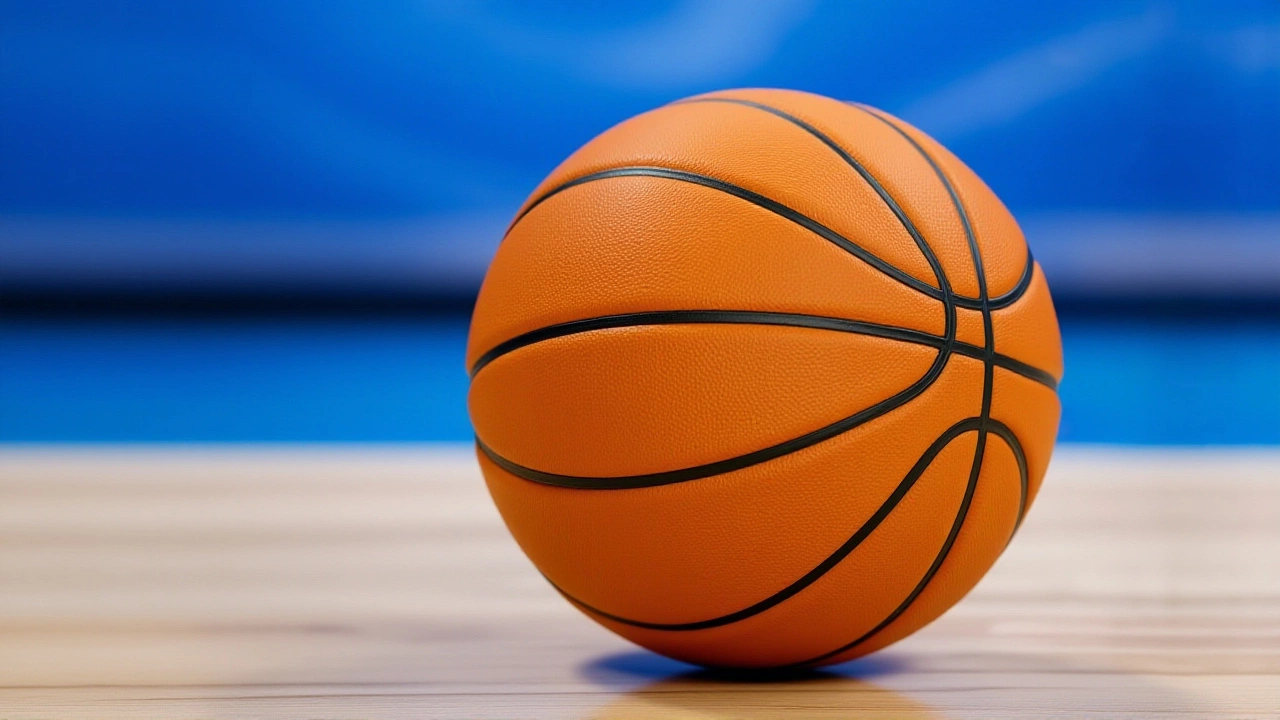
What’s Next?
Dončić’s Lakers have a 2025 playoff push ahead. Edwards’ Timberwolves are chasing a top-four seed in the West. The next time they meet? March 17, 2025, in Minneapolis. Expect a packed house. Expect fireworks. And expect the NBA world to keep watching—because this trade isn’t over. It’s just getting started.Frequently Asked Questions
Why did the Timberwolves reject the trade for Luka Dončić?
The Timberwolves viewed Anthony Edwards as their franchise cornerstone, especially after signing him to a $195 million extension in 2022. They believed his youth, athleticism, and growth potential outweighed the risk of acquiring Dončić, who had shown inconsistent playoff performance and high usage demands. Moving Edwards would’ve meant rebuilding around a different core—a path they refused to take.
How did the Lakers pull off the trade so secretly?
The Lakers’ front office, led by Rob Pelinka and Jeanie Buss, limited the circle to just a handful of executives. They used encrypted communication, avoided direct calls, and coordinated the deal during the All-Star break when media attention was low. The timing—just before the trade deadline—was chosen to minimize leaks. Even players weren’t informed until the deal was official.
Is Luka Dončić performing worse with the Lakers?
His scoring average is down from 33.9 to 19.3, but that’s because he’s playing alongside Anthony Davis, who commands double teams and takes pressure off Dončić. His rebounding and playmaking have increased, and he’s now the primary facilitator in a more balanced offense. His efficiency is higher, and the team’s win rate improved from 41% to 67% with him on the floor.
What does this mean for the future of the Mavericks?
The Mavericks now have three unprotected first-round picks (2026, 2028, 2030), $15.2 million in cash, and young talent like Austin Reaves. They’re clearly rebuilding, but with flexibility. Nico Harrison can now target a new franchise player in 2026 or 2027, possibly using the draft capital to trade up. The era of Dončić is over—but the path forward is wide open.
Could Anthony Edwards ever be traded in the future?
Tim Connelly has publicly ruled out trading Edwards before the 2026-27 season. But if Minnesota misses the playoffs again in 2026, and Edwards’ performance plateaus, pressure could mount. Still, with his contract running through 2027 and a player option for 2028, the Timberwolves have time. For now, Edwards is locked in—and the team’s identity is too.
Why didn’t the Mavericks just keep Dončić and rebuild around him?
Dallas has struggled in the playoffs despite Dončić’s brilliance. Ownership, led by Miriam Adelson, grew impatient. With no clear path to a championship and aging veterans like Kyrie Irving no longer in the picture, they opted for a bold reset. Acquiring Anthony Davis gave them an elite two-way force to pair with Dončić—something they couldn’t build internally. The gamble was to win now, not later.
